Obama's odious war in Yemen
Now that U.S. boots are on the ground in Yemen, can we please debate our involvement in this war?


President Obama used to complain about inheriting a mess in the Middle East. Now he boasts about fixing it.
In the recent legacy-anxious interviews the administration is giving to the press, he and other team members tout their accomplishments in the region. And their favorite brag is to say that Obama extricated America from the Middle East. They imagine themselves to be the only truth-tellers in Washington on the region.
"The president recognized during the course of the Arab Spring that the Middle East was consuming us," John Brennan, Obama's first term counterrrorism advisor told The Atlantic. If Bush set about trying to liberate the Middle East only to enmesh us in quagmire, Obama has wisely chosen to liberate the U.S. from the Middle East.
Subscribe to The Week
Escape your echo chamber. Get the facts behind the news, plus analysis from multiple perspectives.

Sign up for The Week's Free Newsletters
From our morning news briefing to a weekly Good News Newsletter, get the best of The Week delivered directly to your inbox.
From our morning news briefing to a weekly Good News Newsletter, get the best of The Week delivered directly to your inbox.
Except, that's not true at all.
Just this month, the United States added "boots on the ground" in Yemen, as Obama expands on our involvement in that war. All those self-flattering interviews mention Obama's "frustration" with Saudi Arabia, yet they never mention our cooperation with its discreditable war.
We had already been providing logistical aid to the Saudis and their Arab allies. We've also been using drone strikes on their behalf, a kind of rent-a-murder arrangement with our close allies. The air campaign in Yemen has bombed refugee camps, hospitals, and weddings. But, our Nobel Peace prize-winning president is now more deeply implicating the U.S. in the humanitarian crisis that is the war on Yemen. So, boots it is.
Some more background is probably warranted: Yemen is a country with diverse strains of Islam. In the north are Houthis, who practice a type of Shia Islam called Zaydi. Southern Yemen is largely Sunni (as is Saudi Arabia), and that section has historically dominated the state. In 2012, the Houthis rebelled. And when a transitional government refused to include them, they overthrew it and seized the capital and many other cities in the south. In response, Sunni powers led by Saudi Arabia have bombed their position and blockaded the country, resulting in famine-like conditions, as Yemen must import nearly all its food. Hundreds of thousands of children were malnourished because of this blockade. Naturally, the Houthis have also resorted to extreme tactics.
Just this week Yemen's Sunni-dominated "government" suspended peace talks with the Houthi rebels, because the insurgents demanded a new government that would give them some share in the governance of the country in which they live. Needless to say, this strong-arming tactic was made possible only by the assistance of Saudi Arabia, powered by the United States.
Yemen is made to suffer. And for what reason? The UN says that 7.6 million Yemeni are on the verge of starvation. Eighty percent of the country's population are in need of some humanitarian aid. And yet its appeal for $1.8 billion this year is only 16 percent funded.
Obama only appears to be a man of peace because he hasn't provoked American opinion against further involvement in the Middle East. But the truth is, he has made the United States co-belligerent in a war that had nothing to do with U.S. interests.
By depriving America of even consultation over the use of its military, Obama has positioned American troops just as they were before other humiliation moments like the Lebanon bombing in 1983 or the disaster in Somalia in 1993. U.S. troops are now on the ground in two wars the American public never debated and would have difficulty understanding. Actually, in the case of Libya, the U.S. Congress already backed away from authorizing more involvement there. Yet, we've drifted in. If an attack hits and kills American soldiers in Syria or Yemen, how will the administration even begin to explain itself?
I know it must seem unbearably pious, in the days of kinetic-actions, humanitarian intervention, and drone warfare to ask that the people in a reputed democracy be consulted before their military is deployed to kill and starve Yemenis at the behest of the neighborhood's oil-selling theocrats. This constitutional concern was a piety that Obama once faked when running for president. Well, he's faked a lot of pieties along the way.
And now he's faking his way to being a peacemaker, while America connives to starve Yemen.
Sign up for Today's Best Articles in your inbox
A free daily email with the biggest news stories of the day – and the best features from TheWeek.com
Michael Brendan Dougherty is senior correspondent at TheWeek.com. He is the founder and editor of The Slurve, a newsletter about baseball. His work has appeared in The New York Times Magazine, ESPN Magazine, Slate and The American Conservative.
-
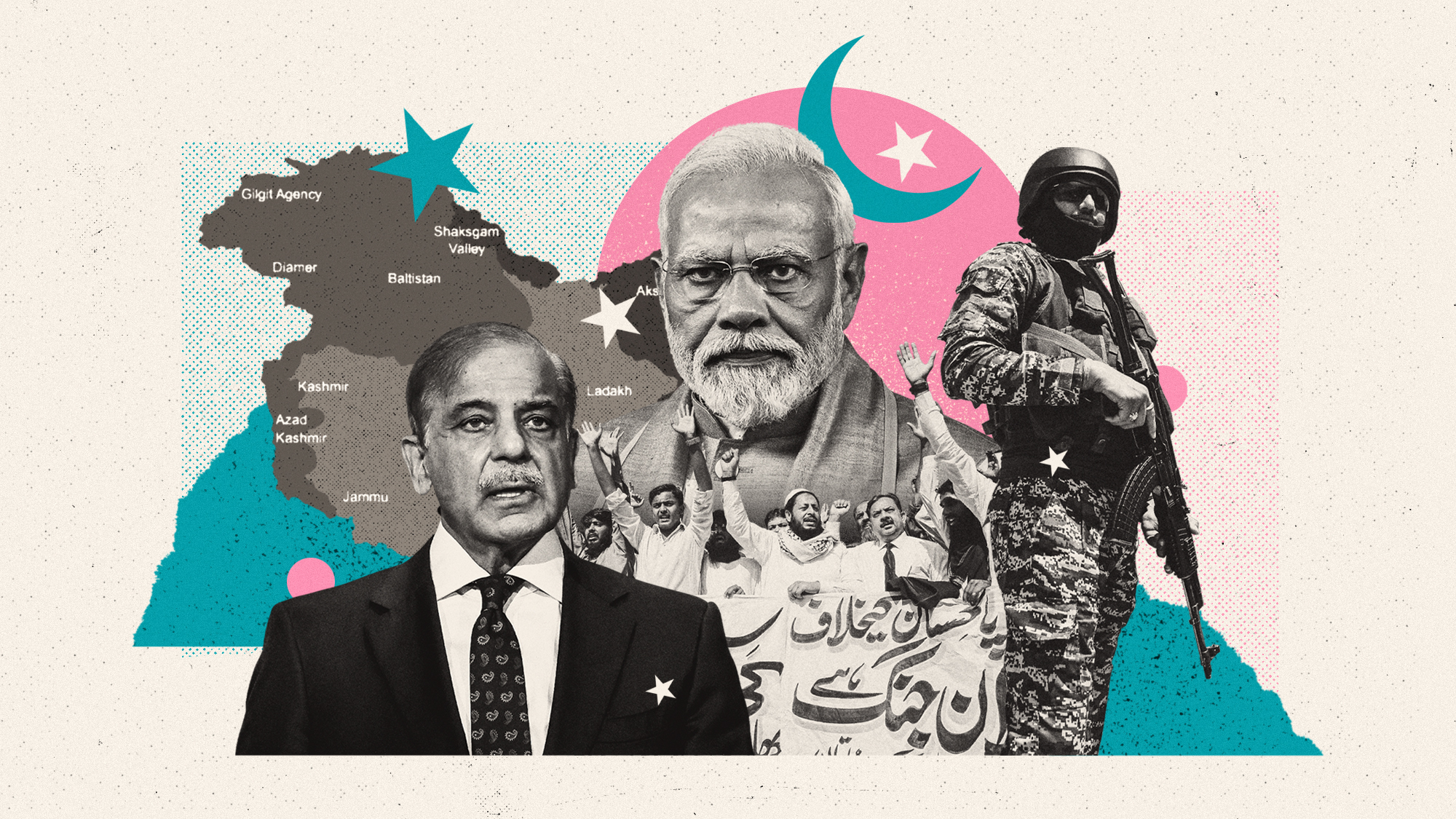 What happens if tensions between India and Pakistan boil over?
What happens if tensions between India and Pakistan boil over?TODAY'S BIG QUESTION As the two nuclear-armed neighbors rattle their sabers in the wake of a terrorist attack on the contested Kashmir region, experts worry that the worst might be yet to come
-
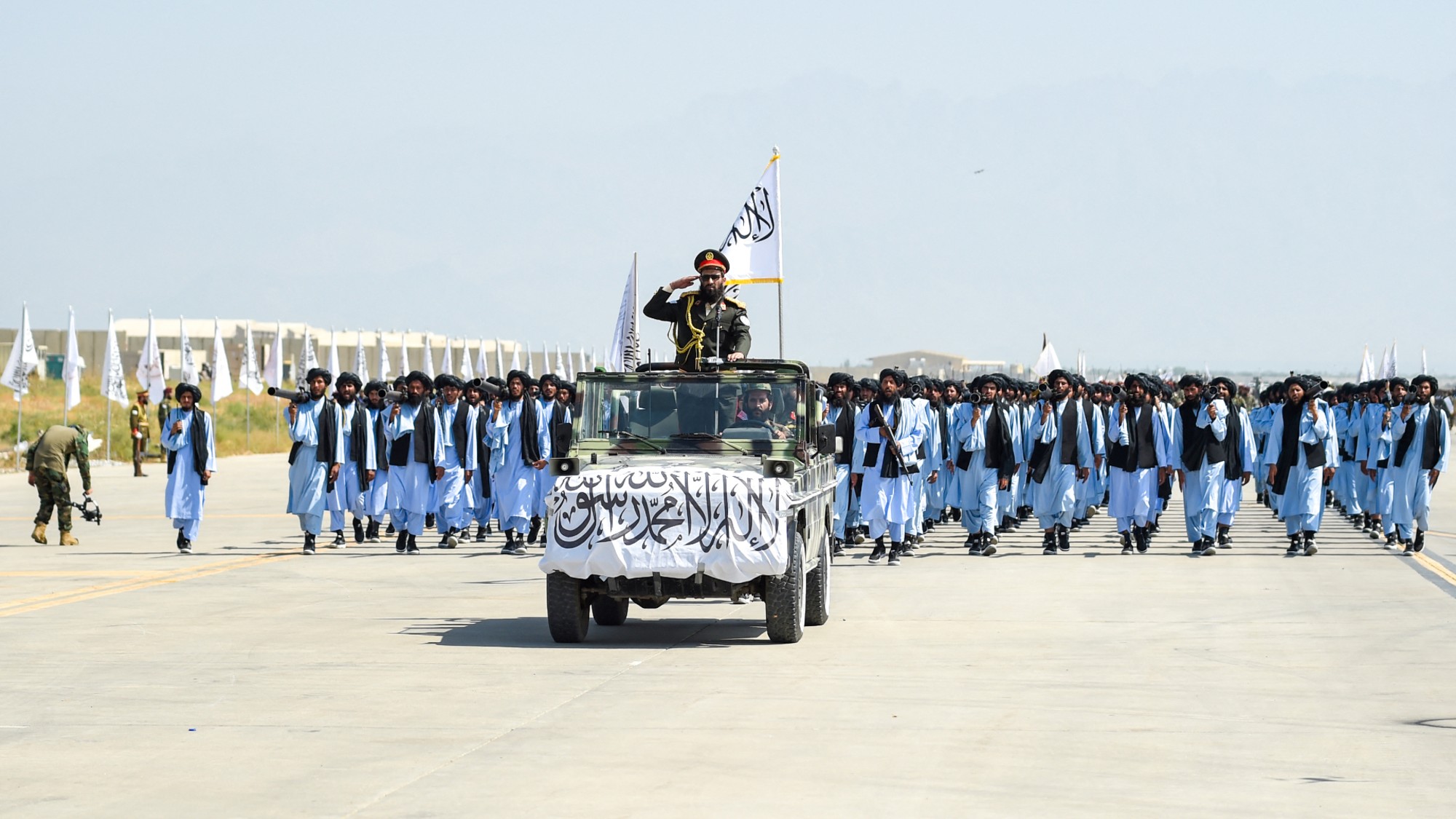 Why Russia removed the Taliban's terrorist designation
Why Russia removed the Taliban's terrorist designationThe Explainer Russia had designated the Taliban as a terrorist group over 20 years ago
-
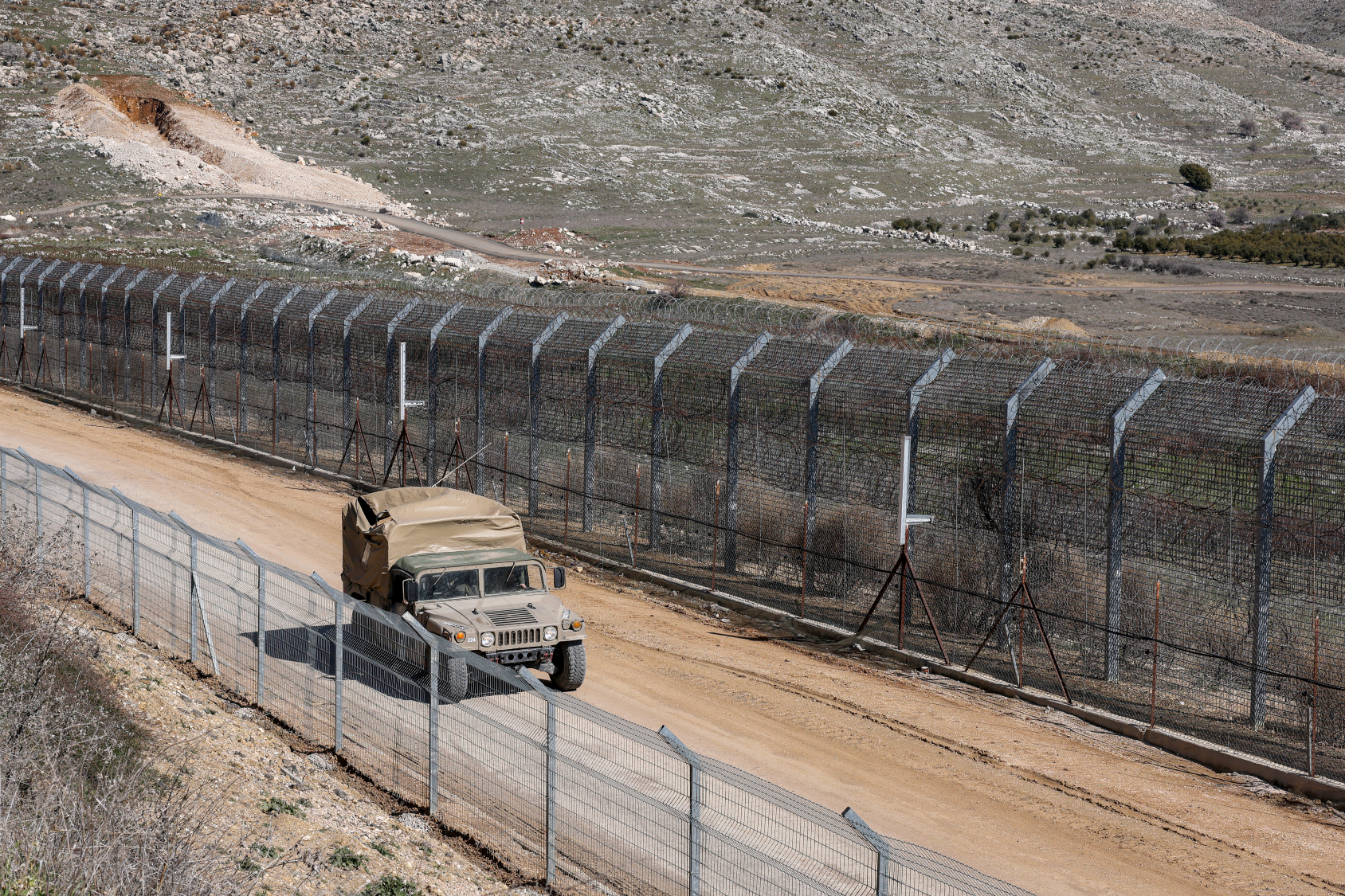 Inside the Israel-Turkey geopolitical dance across Syria
Inside the Israel-Turkey geopolitical dance across SyriaTHE EXPLAINER As Syria struggles in the wake of the Assad regime's collapse, its neighbors are carefully coordinating to avoid potential military confrontations
-
 'Like a sound from hell': Serbia and sonic weapons
'Like a sound from hell': Serbia and sonic weaponsThe Explainer Half a million people sign petition alleging Serbian police used an illegal 'sound cannon' to disrupt anti-government protests
-
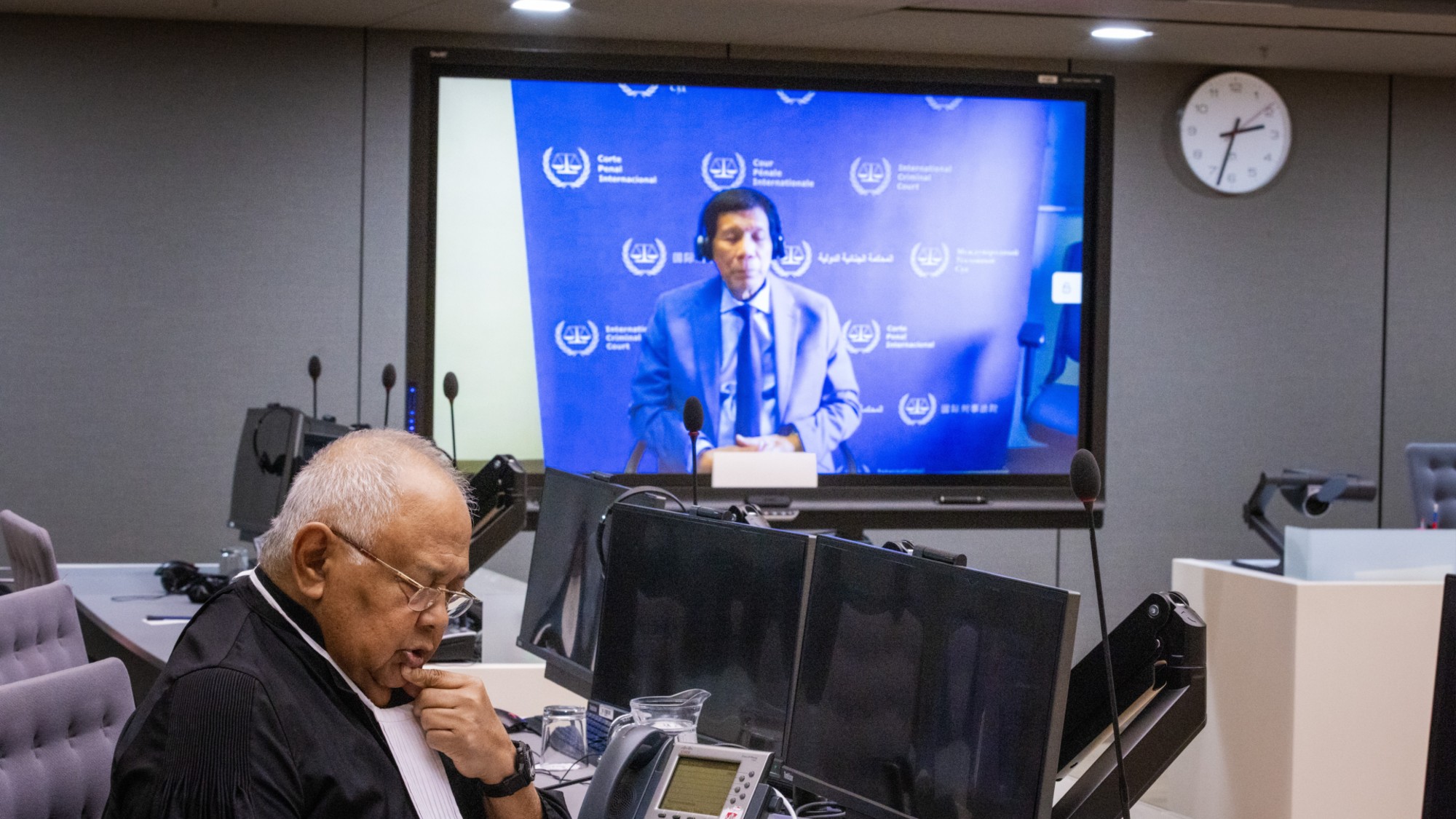 The arrest of the Philippines' former president leaves the country's drug war in disarray
The arrest of the Philippines' former president leaves the country's drug war in disarrayIn the Spotlight Rodrigo Duterte was arrested by the ICC earlier this month
-
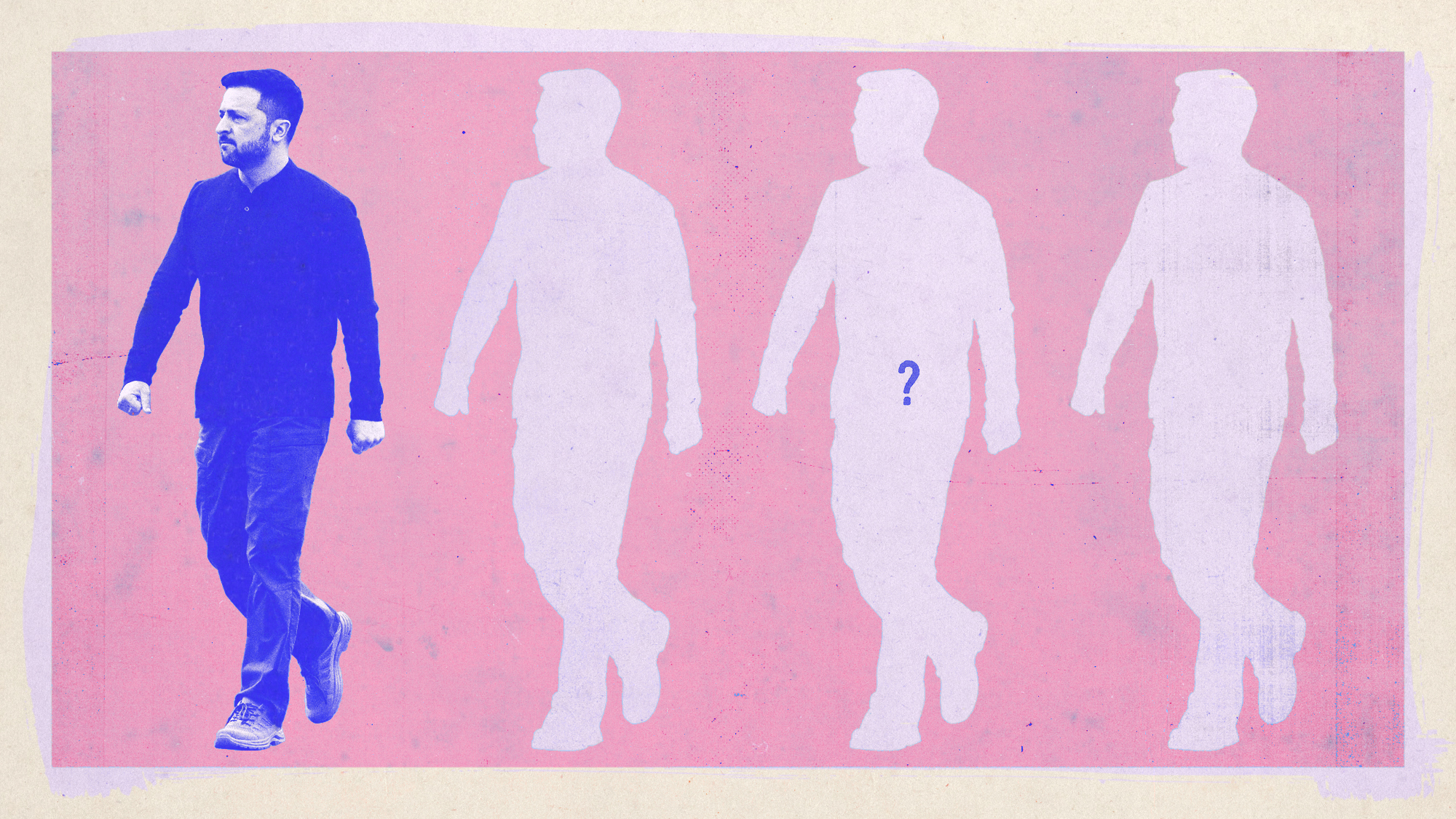 Ukrainian election: who could replace Zelenskyy?
Ukrainian election: who could replace Zelenskyy?The Explainer Donald Trump's 'dictator' jibe raises pressure on Ukraine to the polls while the country is under martial law
-
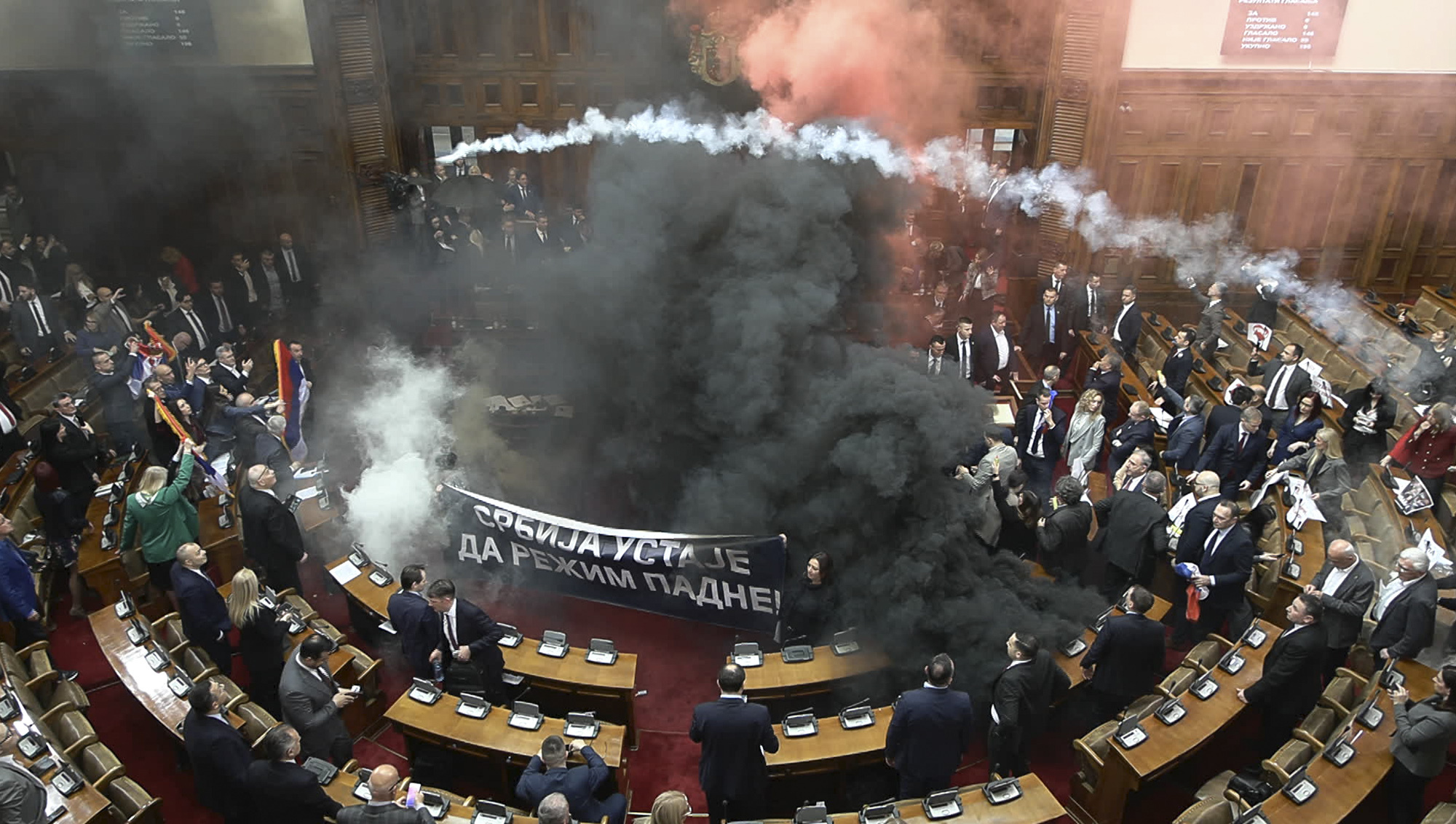 Why Serbian protesters set off smoke bombs in parliament
Why Serbian protesters set off smoke bombs in parliamentTHE EXPLAINER Ongoing anti-corruption protests erupted into full view this week as Serbian protesters threw the country's legislature into chaos
-
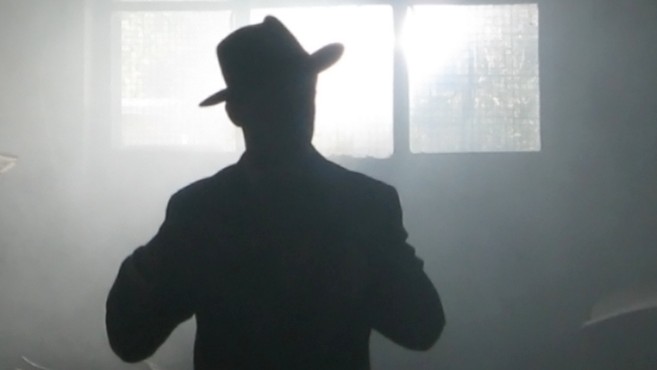 Who is the Hat Man? 'Shadow people' and sleep paralysis
Who is the Hat Man? 'Shadow people' and sleep paralysisIn Depth 'Sleep demons' have plagued our dreams throughout the centuries, but the explanation could be medical

